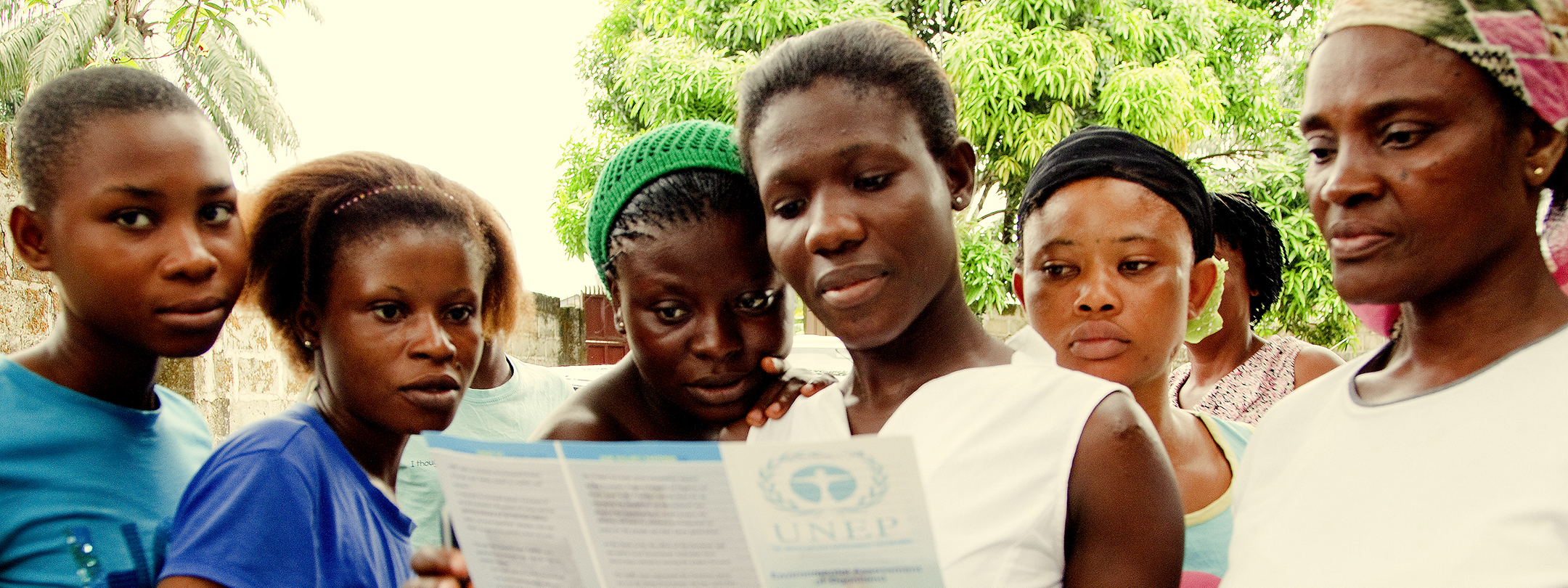Land in the New Urban Agenda: Opportunities, Challenges, and Way Forward
Publisher: World Bank Conference on Land and Poverty
Author(s): Bahram Ghazi, Danilo Antonio, Katia Araujo, Oumar Sylla, Rebecca Ochong, and Susana R. Williams
Date: 2017
Topics: Gender, Governance, Monitoring and Evaluation, Programming, Renewable Resources
Countries: Brazil
Land governance underpins all key aspects of the New Urban Agenda (NUA) which was adopted at the closing plenary of the Habitat III, the United Nations Conference on Housing and Sustainable Urban Development in Quito, Ecuador in October, 2016. Moreover, within the context of the Sustainable Development Goals (SDGs), addressing land governance, in both rural and urban areas is also important since it permeates many processes or decisions on the economy, food security, demography, environment protection and climate change, social justice, peace building, human rights and sustainable housing and urban development. Today’s high population growth continues to put increasing pressure on land particularly in urban areas, which in turn becomes increasingly scarce and may cause social unrest and conflict. Use of, access to land and good land governance aretherefore important in order to harness the transformative potential of the NUA, particularly in situations where cities need to grow in an environmentally sustainable manner, to combat inequalities and promote socially and sustainable settlements. Given the task ahead of implementation of the outcomes of the Habitat III Conference and NUA this paper will present some of the key challenges and opportunities to sustainable urbanization in addition to identifying specific recommendations needed in addressing land governance issues for the NUA to be a game changer.
